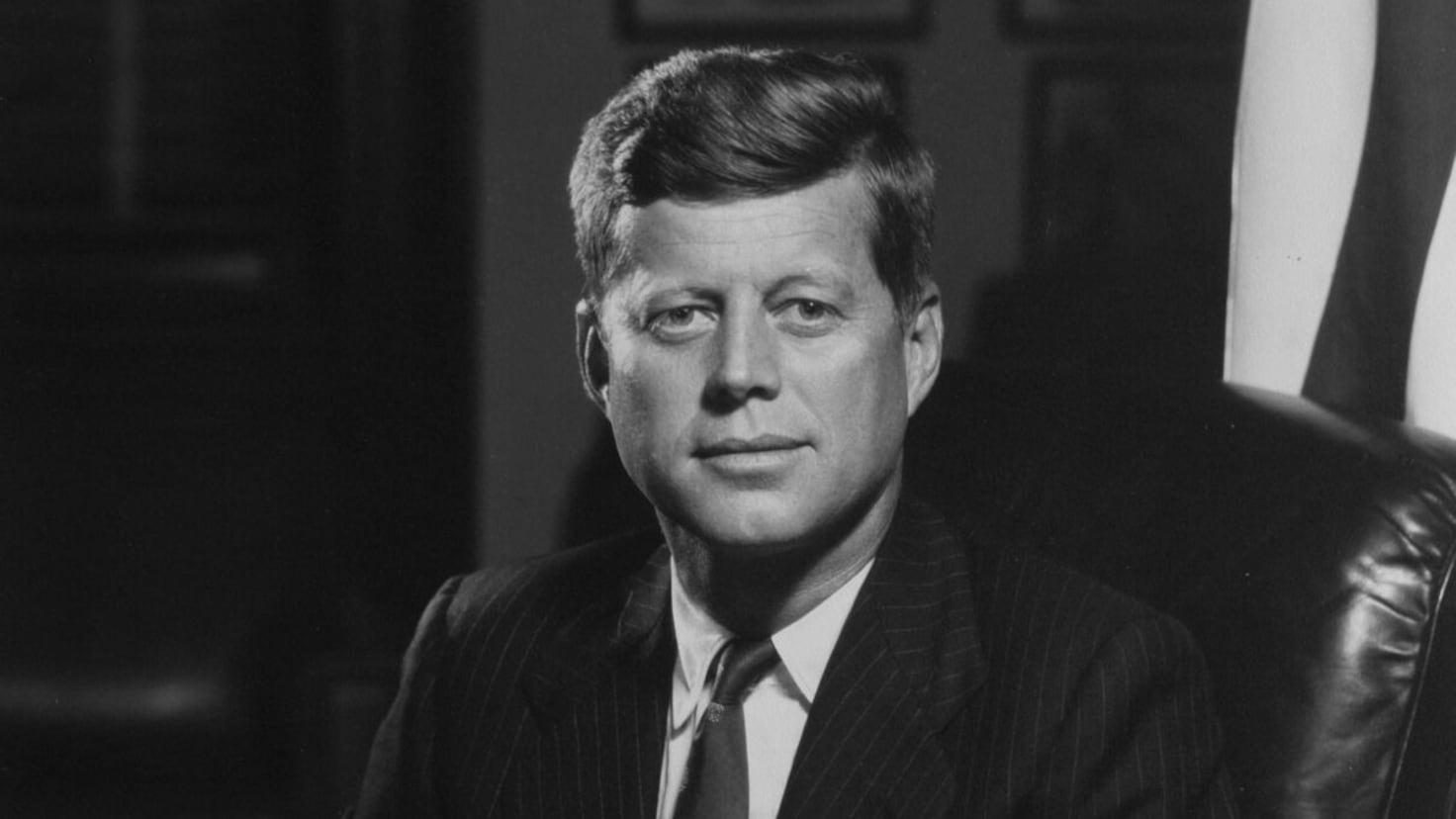“The CIA was directly involved in the assassination of JFK. Oswald was a patsy.” The accusations made by Jim Garrison, the investigating attorney

Today, November 22, 2024, is a reminder to us of the event that took place 61 years ago. And for those aware of that fateful day – including those only experience is Oliver Stone’s 1991 movie JFK – Jim Garrison was the New Orleans District Attorney who shook the foundations of the official narrative surrounding President John F. Kennedy’s assassination. He didn’t mince his words.
What Jim Garrison said about the JFK assassination
“The Central Intelligence Agency was directly involved in the planning and cover-up of the assassination of President Kennedy,” he asserted in his investigation. With statements like these, Garrison became both a symbol of dogged inquiry and a target of ridicule.
Related: The Kennedy Curse: Deaths, accidents and assassinations
The CIA and the architects of JFK’s assassination
Garrison’s claims went beyond implicating Lee Harvey Oswald as the lone gunman. To him, the threads tied back to the CIA. “Individuals connected to the CIA operated as the architects of this tragedy and ensured the official narrative silenced other possibilities,” Garrison said. His investigation painted a picture of shadowy figures, working in covert operations, who orchestrated the assassination and the subsequent cover-up with meticulous precision.
[embedded content]
Oswald: pawn, not plotter
Central to Garrison’s accusations was the assertion that Lee Harvey Oswald had been framed. “Oswald was nothing more than a patsy, set up to take the fall for an operation that was far beyond his control or comprehension,” he argued. According to Garrison, Oswald was manipulated by those who knew exactly how to turn public suspicion toward a convenient scapegoat.
[embedded content]
“He was a pawn in a game orchestrated by individuals in the intelligence community who knew exactly how to manipulate public opinion,” Garrison insisted. The DA’s depiction of Oswald as a hapless tool rather than a mastermind challenged the Warren Commission’s findings and fueled skepticism among Americans.
Related: These are John F. Kennedy’s last words
Web of deceit in New Orleans
Garrison’s investigation didn’t stop with national intelligence agencies; it zoomed in on his own backyard. “New Orleans was the hub of activity for this conspiracy, where operatives met and coordinated their plans,” he declared. Central to this accusation was Clay Shaw, a New Orleans businessman whom Garrison described as “one of the central figures in this web of deceit.”
Garrison’s case against Shaw, which culminated in a 1969 trial, alleged that Shaw had conspired to assassinate JFK. Although Shaw was ultimately acquitted, Garrison maintained his belief in the businessman’s involvement, calling him a key link in the conspiracy’s intricate network.
[embedded content]
Related: The fate of Jack Ruby, Lee Harvey Oswald’s killer
Sabotage and smear campaigns
Garrison faced significant resistance throughout his investigation, and he was vocal about it. “From the very beginning, my investigation was met with resistance and sabotage, not just from local entities but from the federal level as well,” he stated. The efforts to discredit him ranged from legal hurdles to media smear campaigns. “They used every tool at their disposal—media smear campaigns, legal roadblocks, and even direct threats—to try to derail our pursuit of the truth,” he claimed.
To Garrison, this resistance wasn’t just an obstacle; it was proof of the broader conspiracy at play. He believed that the pushback he encountered was part of a calculated effort to protect powerful individuals and agencies.
The motives behind the JFK murder
For Garrison, the question of “why” Kennedy was assassinated was as important as the “who.” He linked the President’s death to his challenges to entrenched power structures. “Kennedy was assassinated because he challenged the status quo, the military-industrial complex, and those who profit from war and covert operations,” Garrison stated. His vision for peace, particularly his desire to scale back the CIA’s influence and pursue diplomacy over militarism, made him a target. “His vision for peace and his attempts to limit the CIA’s power made him a target for elimination by those who saw him as a threat.”
[embedded content]
Related: ER doctors contradict official JFK assassination story
The legacy of Garrison’s accusations
Jim Garrison’s claims have sparked fierce debate for decades. His unflinching accusations against the CIA, his defense of Oswald as a patsy, and his pursuit of figures like Clay Shaw have kept his theories alive, despite the criticism he faced. While his evidence didn’t lead to convictions, his words have fueled an enduring skepticism about the official account of JFK’s death.
In Garrison’s view, the assassination was more than a tragedy; it was a meticulously planned coup. As he once declared, “The truth is always the first casualty of power.” For those willing to listen, his accusations remain a challenge to dig deeper and question the narratives presented by those in power.
Of course, there is the other side, which argues against Garrison’s ‘disinformation’ and ‘inaccuracies’.
Get your game on! Whether you’re into NFL touchdowns, NBA buzzer-beaters, world-class soccer goals, or MLB home runs, our app has it all. Dive into live coverage, expert insights, breaking news, exclusive videos, and more – plus, stay updated on the latest in current affairs and entertainment. Download now for all-access coverage, right at your fingertips – anytime, anywhere.


